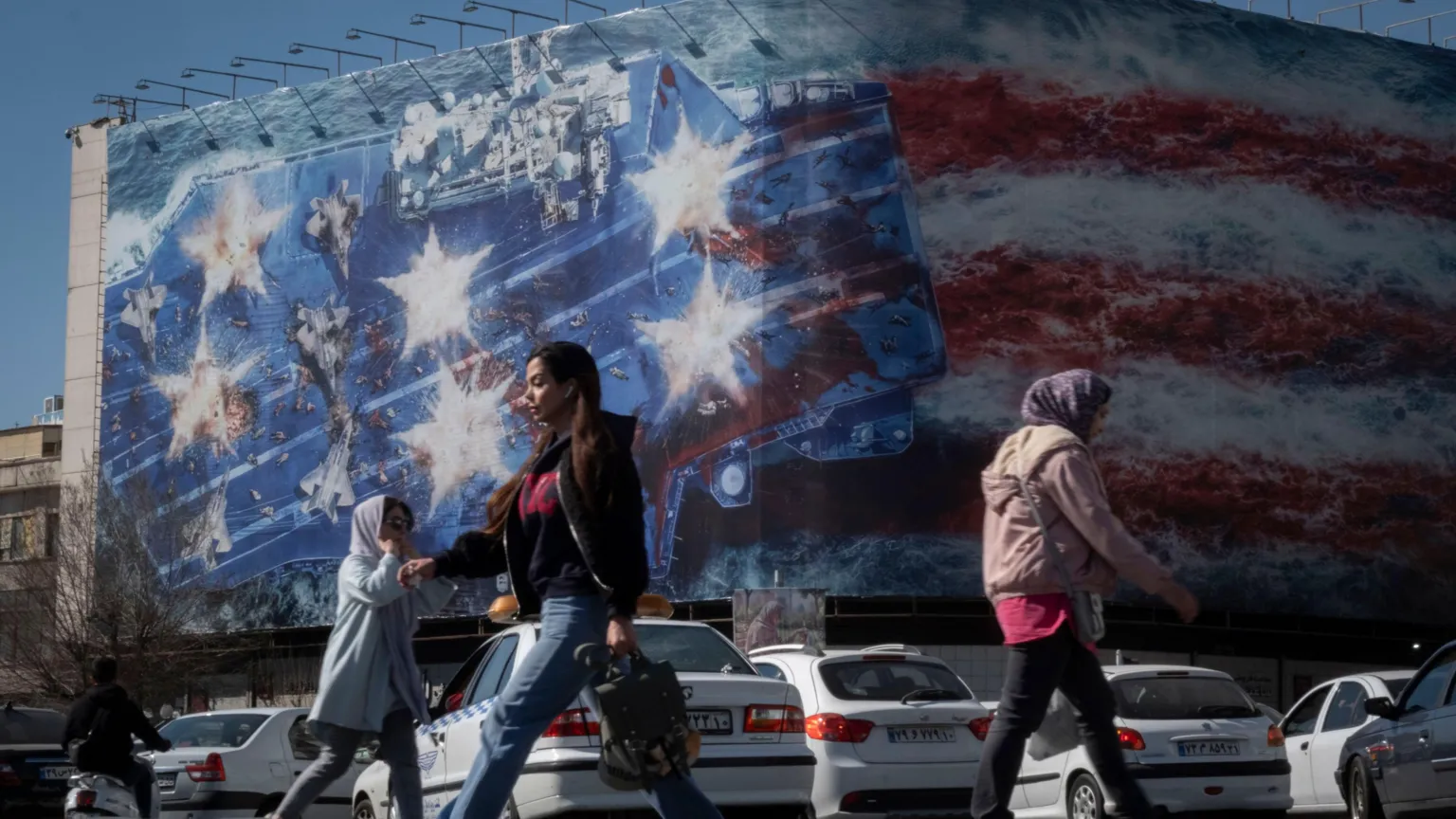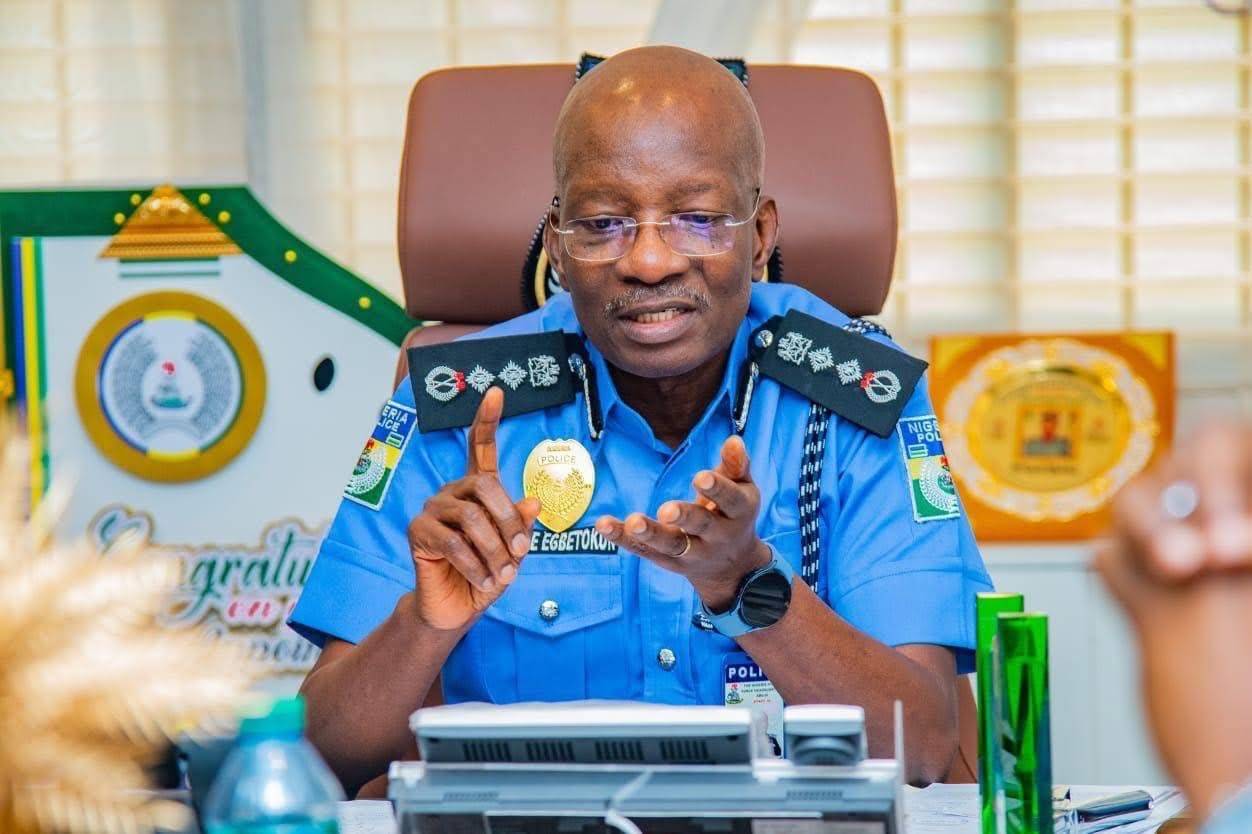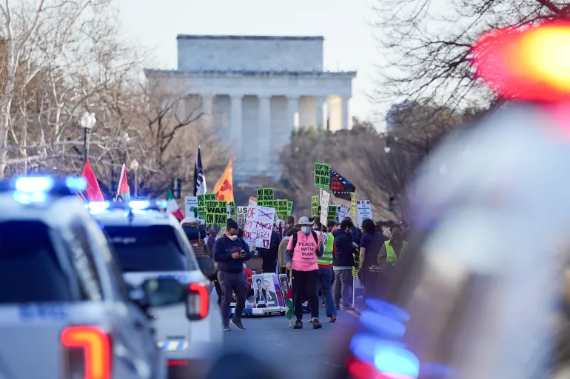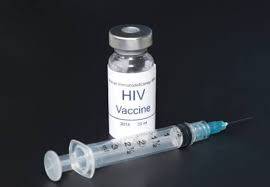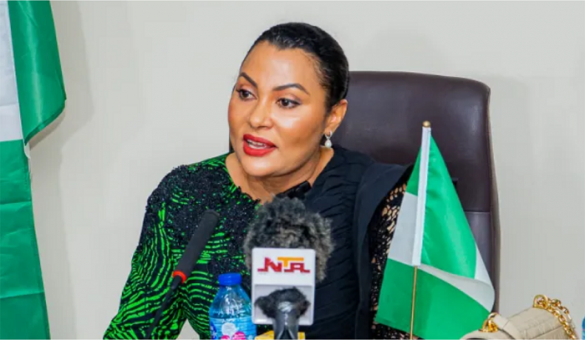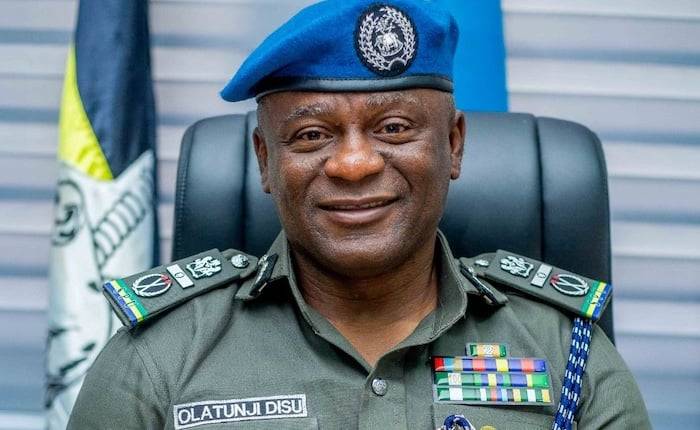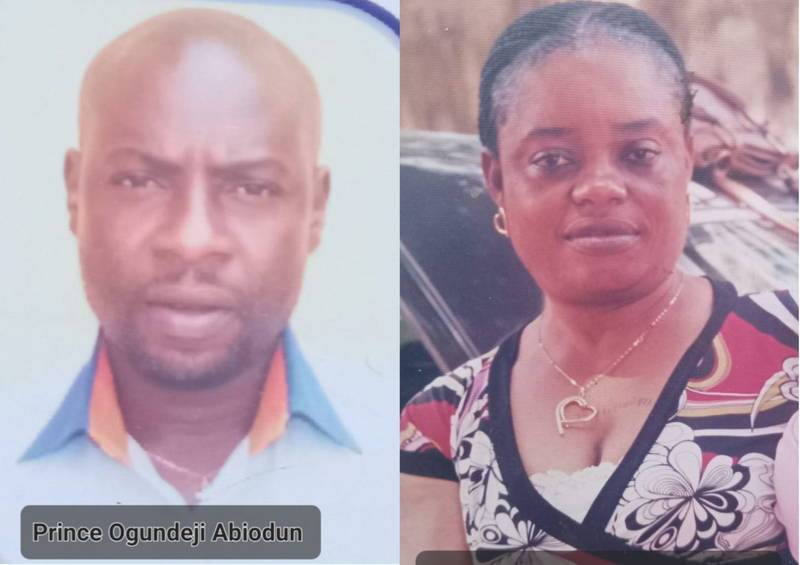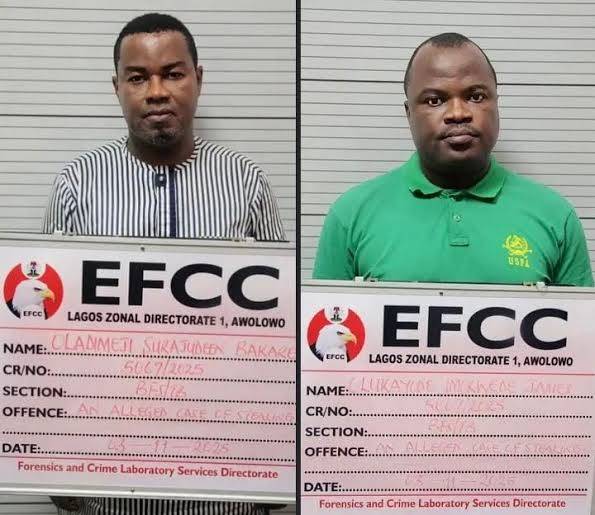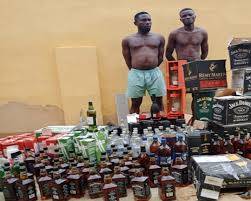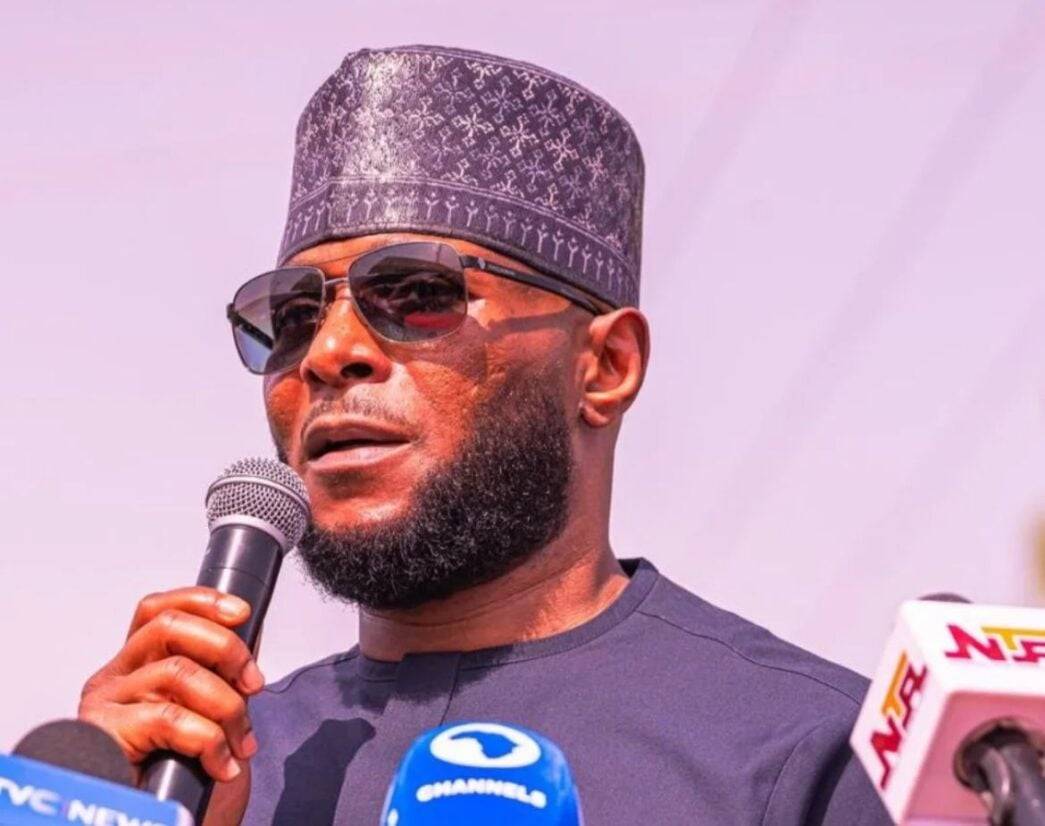Ukraine’s President Volodymyr Zelensky will address the UN Security Council on Tuesday, where he is expected to demand tough new sanctions on Moscow over killings in the town of Bucha that he has called “war crimes” and “genocide”.
The speech, Zelensky’s first to the body since Russia’s invasion, comes after he made an emotional trip to Bucha, where dozens of bodies were discovered after the withdrawal of Russian troops.
Horrific images of corpses lying in the streets, some with their hands bound behind them, have drawn international condemnation of Russia.
Moscow has denied responsibility and suggested the images are fake or that the deaths occurred after Russian forces pulled out of the area.
But newly released satellite photographs taken by Maxar Technologies in mid-March, before the Russian withdrawal, showed what appeared to be bodies in some of the same places they were later found by Ukrainian troops and seen by journalists.
On Monday, wearing body armour and visibly distressed, Zelensky spent half an hour in Bucha, where he blamed Russian troops for the killings.
“These are war crimes and it will be recognised by the world as genocide,” he said.
Later in his nightly address, he said “the sanctions response to Russia’s massacre of civilians must finally be powerful”.
“But… did hundreds of our people have to die in agony for some European leaders to finally understand that the Russian state deserves the most severe pressure?” he asked in the video posted to Telegram.
He also called for additional weapons from Western allies, saying more equipment could have saved thousands.
“I do not blame you -– I blame only the Russian military,” he said. “But you could have helped.”
More sanctions ‘this week’
Ukraine’s allies have called the killings in Bucha war crimes, with the EU offering to send investigators to gather evidence.
US President Joe Biden told reporters at the White House that there should be “a war crimes trial”, adding that Russian President Vladimir Putin “is a war criminal”.
The White House said it would announce fresh sanctions on Moscow this week, with France suggesting new measures could target Russian oil and coal exports.
But Germany warned it was too soon to cut off Russian gas.
All economic ties to Russia would have to be severed, German Finance Minister Christian Lindner said, adding, “but at the moment, it’s not possible to cut the gas supplies. We need some time”.
Elsewhere, the United States and Britain said they would seek Russia’s suspension from the UN Human Rights Council — a move Moscow branded “unbelievable”.
Russia has called for a UN Security Council meeting on what it dubbed the “heinous provocation of Ukrainian radicals in Bucha”, but Britain — which holds the Council presidency — has so far refused the request.
More horrors emerge
The full nature of the killings in Bucha and other areas from which Russian troops have withdrawn is still being pieced together.
On Monday, the bodies of five men were found in a children’s sanatorium basement in Bucha. The Ukrainian prosecutor general’s office said they were unarmed civilians, who had been bound, beaten and killed by Russian troops.
And in Motyzhyn, west of Kyiv, Ukrainian police showed AFP journalists the bodies of five civilians with their hands tied, including those of the village’s mayor, her husband and son.
Ukrainian officials say over 400 civilian bodies have been recovered from the Kyiv region, many of whom have been laid to rest in mass graves.
But Zelensky has warned that the deaths in Bucha could be only the tip of the iceberg, saying he had information that even more people had been killed in places like nearby Borodianka.
AFP reporters who briefly visited the area saw no bodies in the streets, but locals reported many deaths.
“I know five civilians were killed,” said 58-year-old Rafik Azimov. “But we don’t know how many more are left in the basements of the ruined buildings after the bombardments.”
“I buried six people,” another resident, Volodymyr Nahornyi, said. “More people are under the ruins.”
‘Cluster munitions’ in Mykolaiv
The Russian withdrawal from Kyiv has been seen as a pivot to a renewed offensive in the country’s east and south, where Moscow wants to consolidate territory around occupied Crimea and the separatist statelets of Donetsk and Lugansk.
The Ukrainian government has warned that Moscow is preparing a “full-scale” attack in the country’s east and regional officials urged civilians to evacuate Lugansk fearing a major Russian attack.
The Pentagon estimates Russia has withdrawn about two-thirds of the troops it had around Kyiv and will redeploy them to the east and south, with the White House warning the war’s “next phase could be measured in months or longer”.
Even where troops have withdrawn, fears remain, with Kyiv Mayor Vitali Klitschko telling residents to wait before returning, citing the danger of continued shelling and the danger of unexploded munitions.
Overnight, air raid sirens rang out across much of the country, from Lviv in the west to southern Mykolaiv, where officials said Monday that Russian strikes killed 10 civilians and wounded 46.
The General Staff of the Ukrainian Armed Forces said cluster munitions, which explode in the air and send dozens of small bomblets over a large area, were used on the city.
A 2008 UN convention bans the production and use of the weapons, but it has not been signed by Russia or Ukraine.
The Ukrainian army said residential and medical facilities, including a children’s hospital, were fired on.
“There are dead and wounded, including children,” it said.
Elsewhere in the south, concerns remain about civilians trapped in the besieged city of Mariupol.
Authorities say at least 5,000 people have been killed in the city, 90 percent of which has been destroyed, according to Mayor Vadym Boichenko.
Around 130,000 residents are still trapped inside, and efforts to evacuate them are now on hold because of “incessant” bombing, he said.
The Red Cross said Monday a team it sent to help get civilians out of Mariupol was being held by police in Russian-controlled territory.
Europe’s worst conflict in decades has killed as many as 20,000 people since Russia’s February 24 invasion, according to Ukrainian estimates.
More than 4.2 million Ukrainians have fled the country and about 6.5 million have been internally displaced, UN agencies say.


